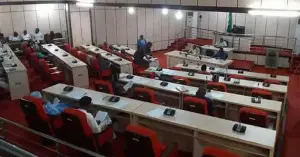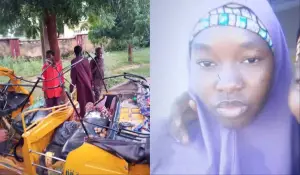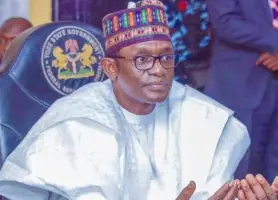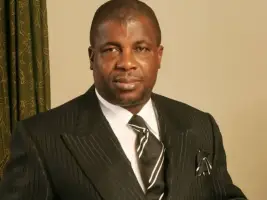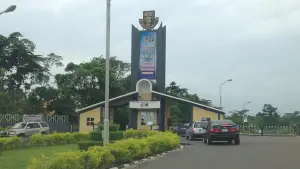The Abia State Government has announced plans to deploy personnel from the Abia State Homeland Security to protect the 20 smart schools currently under construction across the state from vandals and criminal elements.
This announcement was made on Saturday by the Commissioner for Basic and Secondary Education, Goodluck Chinedu Ubochi, during the signing of a contract between the Abia State Government and Blue Giraffe Ltd.
According to the commissioner, the smart schools will be distributed across all 17 local government areas of the state, with one school in each LGA. Additionally, three more schools will be built, one in each of the three senatorial districts.
"The construction of these 20 smart schools represents the first phase of a broader initiative by Governor Alex Otti to build more such schools across the state," Ubochi explained. The initiative aims to equip Abia students with the necessary tools and knowledge to compete with their peers globally.
The commissioner emphasized that the smart schools would be accessible to children from all socioeconomic backgrounds, assuring that no child from a poor home would face discrimination during enrollment or learning.
Enhanced Security Measures
Special Adviser to Governor Alex Otti on Basic and Secondary Education, Kenechukwu Nwosu, issued a stern warning to potential criminals, stating that any attempt to loot the schools would result in arrests and prosecution.
Nwosu revealed that closed-circuit cameras would be installed around the schools to capture the faces of anyone approaching the premises, further enhancing security measures.
"The digitisation of Abia's school system will give children in the state an advantage over their peers in major examinations and enable them to compete with global standards," Nwosu stated, assuring that the project would not be abandoned but sustained.
Modernizing Education in Abia
Following the signing of the agreement, representatives of Blue Giraffe Ltd, Rear Admiral Harry Ngonadi (retd) and Orieji Okwara-Emele, highlighted the technological advancements that would be implemented in the smart schools.
"What we are trying to do is that the teachers will no longer have to use chalk, it will be smartboard, for the 20 pilot schools and others will follow later," said Okwara-Emele, indicating a gradual phase-out of traditional teaching methods in favor of digital alternatives.
This initiative represents a significant step forward in Abia State's education sector, potentially transforming learning experiences for students and preparing them for a technology-driven future.
Stay updated with the latest news from Abia State and beyond by following BenriNews on our social media platforms: Facebook, Twitter, LinkedIn, WhatsApp, and Telegram.


